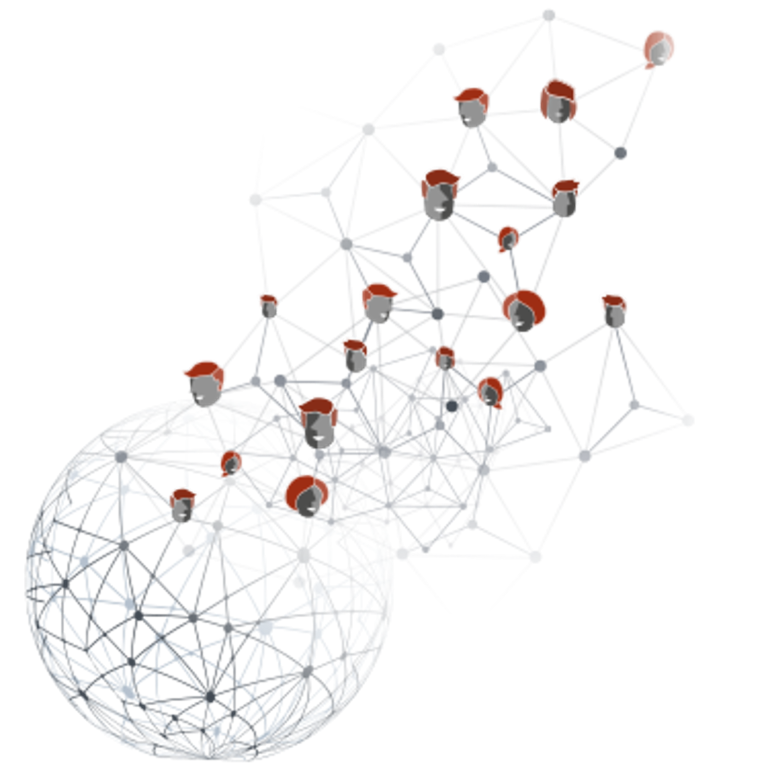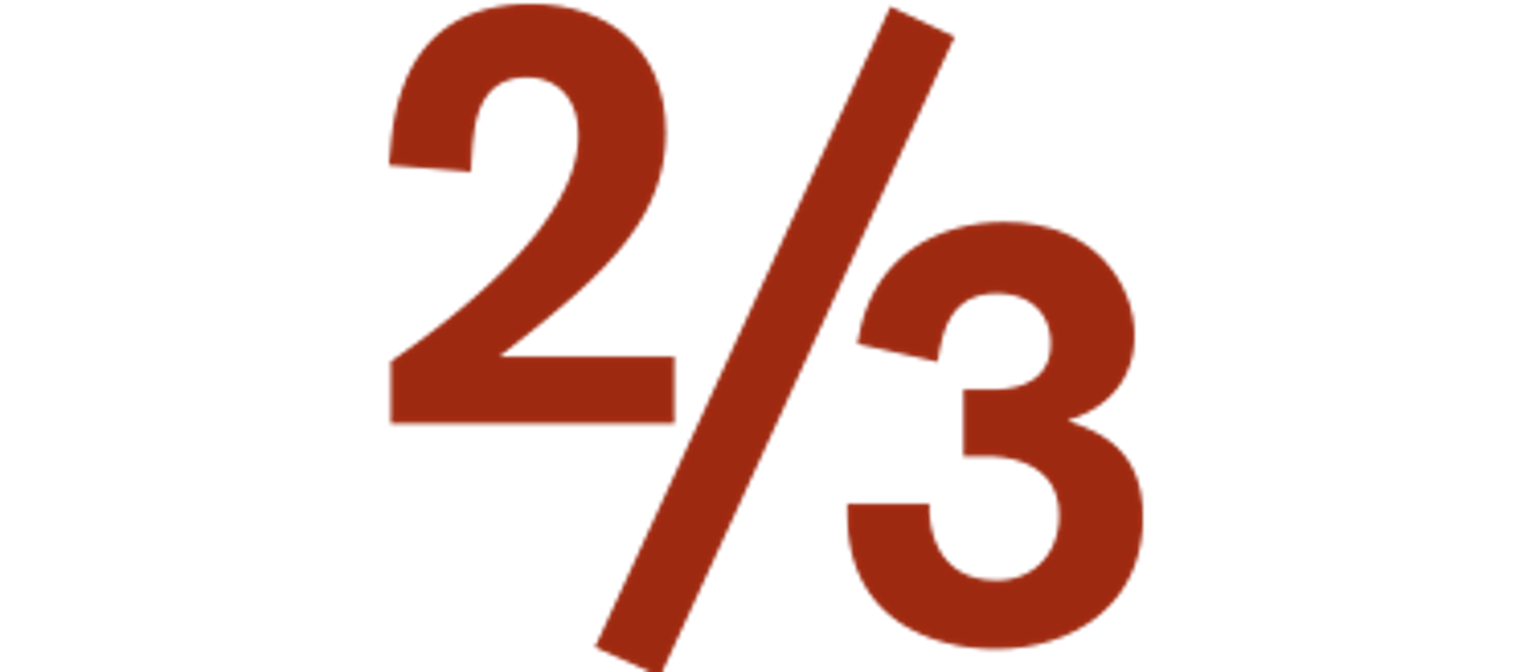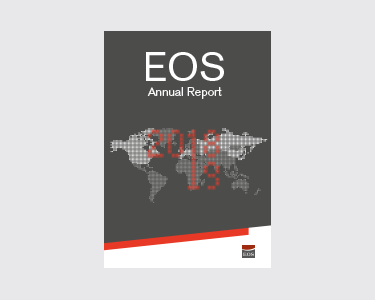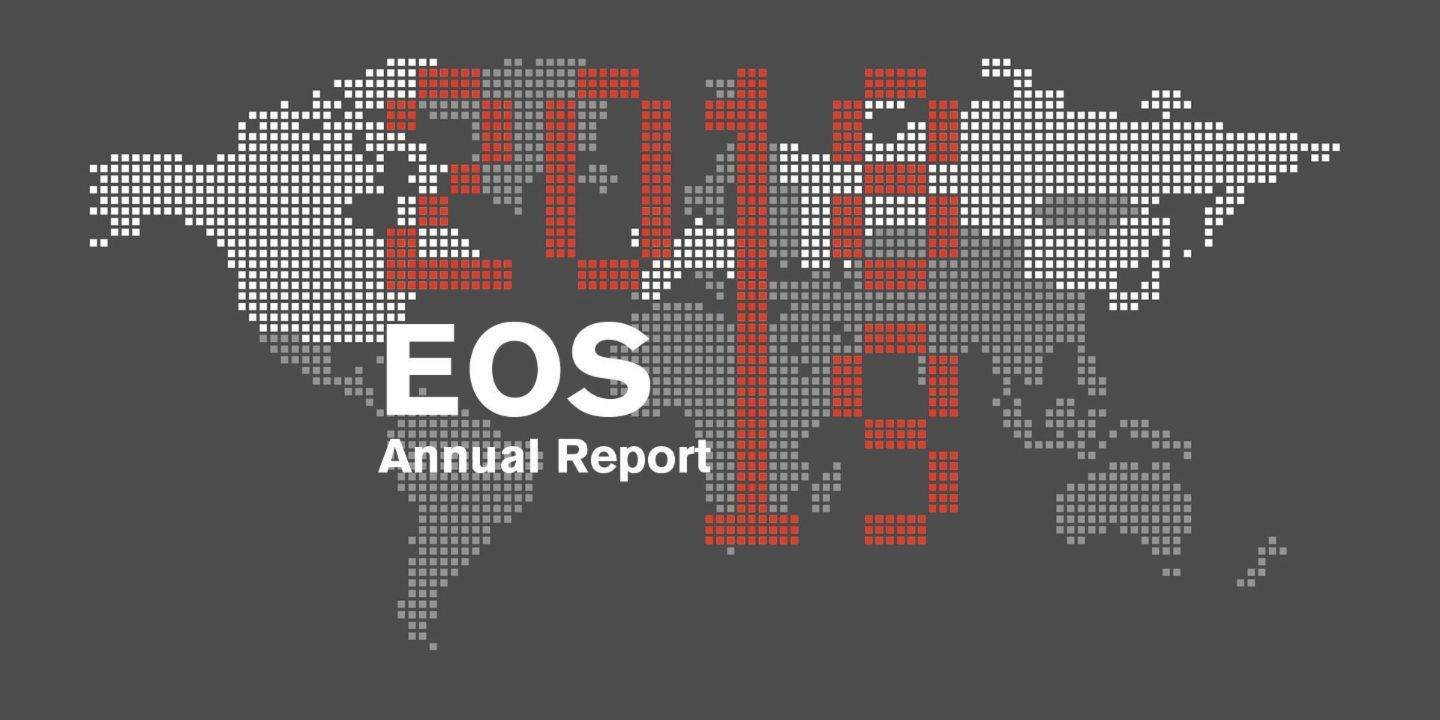People, data and analyses – the current driving forces behind an international financial services provider.
Our world is becoming increasingly more complex. Nothing works without data. And certainly not without human beings, whether on the international stage, in the digital transformation process or when managing employees. Three examples from the EOS universe show how the company remains flexible and at the same time resilient.
- In fiscal 2018/19, EOS was able to continue to expand its international debt collecting business by acquiring more than 730 new customers.
- EOS invested EUR 10 million in IT systems such as the development of analytical predictions in the debt recovery process.
- The Cultural Transformation Center is driving cultural change for more than 7,500 employees.
How can a company operate worldwide in completely different markets while consistently meeting its own high quality standards? How can customers as well as defaulting payers benefit from data analysis? And how can teams from very diverse countries embark on a “Cultural Journey” together? A look into the journal of a global concern.

The business of EOS depends on data. And on people.
It’s easy to put your own strengths in the foreground. But it hurts to take a hard look at your shortcomings. And it should do. Because otherwise, nothing changes. This is why in fiscal 2018/19 alone, EOS invested a million euros in cultural change, which we call the Cultural Journey.
In the Cultural Transformation Center, a five-strong team is working to change things. Not alone, of course, but with support from all and in all directions. The team advises management locally and internationally. Every EOS company is involved in what is a massive project. This is why in the national subsidiaries there are more than 40 “Culture Companions” who are driving the transformation process forward, for example through workshops in their respective countries.
Stage Goal: The route is clearly defined.
What hurdles do we have to overcome at EOS to become a responsive organization and to meet the challenges of digitalization? The Cultural Transformation Team asked itself this question in 2018 and then interviewed managers and employees worldwide.
The aim is to open up new approaches to collaboration and leadership, reinforce the entrepreneurial mindset and in doing so make EOS more responsive in the long term. To get there, management and teams first have to analyze: What’s still not working optimally? Which behavioral patterns are still slowing down the process? One result of the international cultural analysis: hierarchy and distance between countries and departments are still sometimes preventing EOS from being responsive. It’s time to change that.
The Cross-border Center in Hamburg, for example, works across borders. Whenever companies want to recover receivables in another country the Global Collection Platform is deployed. Via this international IT platform, EOS directs the cases to wherever the defaulting payers are located. There, EOS Group companies or selected partners – debt collection specialists who are very familiar with the local circumstances – process the receivables.
In 2018/19, EOS processed more than 72,000 cases of cross-border collection in this way, most of them in France. The main user is the e-commerce sector with more than a quarter of all cases. EOS is active in 180 countries through a combination of its own subsidiaries and a network of partner companies.
Facts and figures of cross-border and debt collection.




Digitalization? Update is in progress.
As far as international collaboration is concerned, digitalization makes a lot of things easier, quite specifically, in the collection process itself. It makes it easier for defaulting payers to maintain an overview of their account balance. And thanks to online service portals, EOS offers a wide range of convenient payment options in many countries. In 2018 alone, the German service portal had more than 650,000 visitors, 135 percent more than in the previous year. Using the portal on smartphones is especially popular.
Data-based analyses also optimize the debt collection process, enabling EOS specialists to approach defaulting payers more individually and offer tailored payment plans.

In the last fiscal year alone, EOS created 107 new IT jobs. Around 600 IT experts are currently pressing forward with the digitalization process at EOS worldwide. More than 10 percent of them are data analysts, whose models provide predictions about the next best action to take in the debt recovery process.
As a result of its contact with defaulting individuals and companies, EOS has a large volume of useful international data. To protect this data is a top priority. This is why all data is stored in pseudo-anonymized form on the Center of Analytics platform and does not allow any conclusions to be drawn about the identity of the actual people involved. However, data analysts can search this data for patterns and use these to come up with predictions – for example whether the next best step could be a letter, SMS or email.
Complex world, new approaches: EOS Annual Report 2018/19.
What makes an international financial services provider tick today? Is it driven by technology or compassion, a specialist or global? The answer is probably: a bit of everything. In any case, in the last fiscal year EOS found the answers to a number of questions. And the company is also happy to take on all the others. If you have any questions please don’t hesitate to contact us.

EOS Annual Report 2018/19
July 2019
Contact EOS
EOS Holding GmbH
Steindamm 71
20099 Hamburg
Germany
EOS in Germany
Daniel Schenk
Team Lead Corporate Communications German Market
Steindamm 71
20099 Hamburg
Germany
Telefon: +49 40 2850-2291
Photo Credit: Getty Images/iStock/bagotaj



